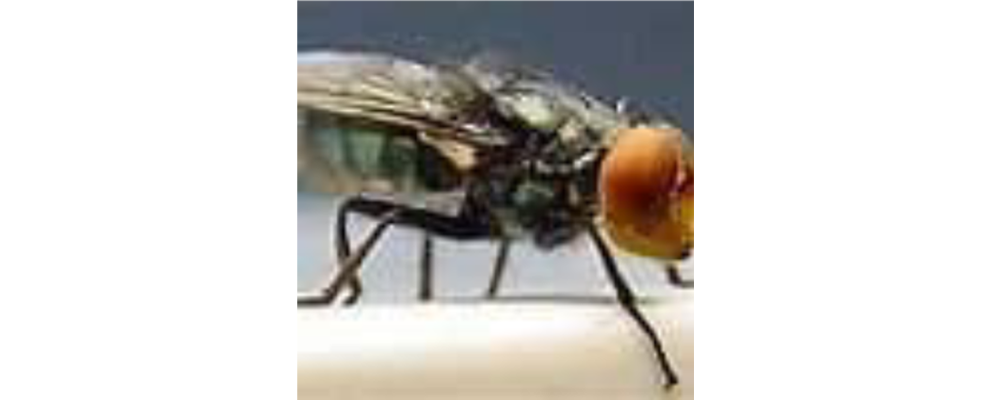Photo: New World Screw Worm Fly
Belize ramping up prevention strategy as New World Screw Worm detected 45 miles across the border
by Marco Lopez
BELIZE CITY, Thurs. Nov. 7, 2024
Yesterday, the Ministry of Agriculture hosted a vital information session alerting the country, and primarily cattle ranchers of the imminent threat of a New World Screw Worm outbreak in Belize. Earlier this year, the re-emergence of the pest – which had been eradicated from the region for 30 years – was detected in Panama. To date, cases have been identified in Costa Rica, Nicaragua, Honduras, and Guatemala. No cases have been detected in Belize so far.
The Ministry of Agriculture, however, is not taking any chances, and is putting in place measures to prevent the spread of the pest in Belize should it come across our border. During yesterday’s session, Minister of Agriculture, Jose Mai shared that cases have been found as close as 45 miles from the southern border of Belize – putting the livestock industry in the district of Toledo at risk.
Minister Mai shared that technical staff have been activated across the country to support the Belize Agricultural Health Authority (BAHA) in ramping up surveillance, monitoring of movement, treatment of animals, and dispersing of sterile flies to stave off the serious and looming threat.

The livestock industry in Belize is worth $100 million dollars according to Minister Mai, a significant jump from its worth 30 years ago, when the New World Screw Worm was first declared eradicated in Belize. At that time, it brought in about $20 million dollars annually and supported several hundred families – today there are 6,000 persons in the livestock industry. The majority of these individuals are considered small and medium-scale cattle farmers – owning between 1 and 50 heads of cattle.
An outbreak of the pest can result in reduced domestic production, and impact exports to our neighboring countries.
A letter to the Mexican equivalent of BAHA – SENASICA – from a powerful association of Mexican cattle farmers – the Confederacion Nacional de Organizaciones Garnaderas – called for the “temporary closure of the border with Guatemala and Belize for bovine cattle and other susceptible species.”
Minister Mai shared that the ministry considered that demand “unjust.”
Belize and El Salvador are the only two countries that remain free of the pest at this time, making the demand from the 8,000-member-strong Mexican organization unfair, according to Mai.
“In the case of Belize, I find it to be somewhat unjust to make such a request to the government of Mexico, because we are worm free; our status is clean. However, I can understand their nervousness … SENASICO, the animal and plant health authority in that country, is an institution that is based on science and technology; it’s based on scientific evidence,” Mai said.
Regular inspection of animals is the first line of defense, said BAHA’s Technical Director, Dr. Roxanne Alvarez.
“You’re the first line of defense against it. You keep an eye on your animals or any wound that appears, even if it is a tick bite, even if it is an injection. If your dog has a beef worm, those wounds need to be treated,” she shared.
Fermin Blanco is the Country Representative of the Organismo Internacional Regional De Sanidad Agropecuaria (OIRSA).
During his remarks, he shared, “Curing wounds is essential, because the blood is the one that attracts the fly. If the fly comes in, it cannot find a wound, then it cannot survive; so, the best thing here that farmers can do is to implement measures now.”
Minister Mai shared that while he can understand the nervousness of SENASICO, at this critical juncture, as a member of OIRSA, like Belize, it tends to abide by the rules of trade, plant, and animal health set forth by the organization.
“OIRSA would have to step in and say, listen, you’re not abiding by the rules of engagement, so to speak, on this matter,” Minister Mai pointed out.
The full information session can be found on the Ministry of Agriculture, Food Security and Enterprise’s Facebook page.

